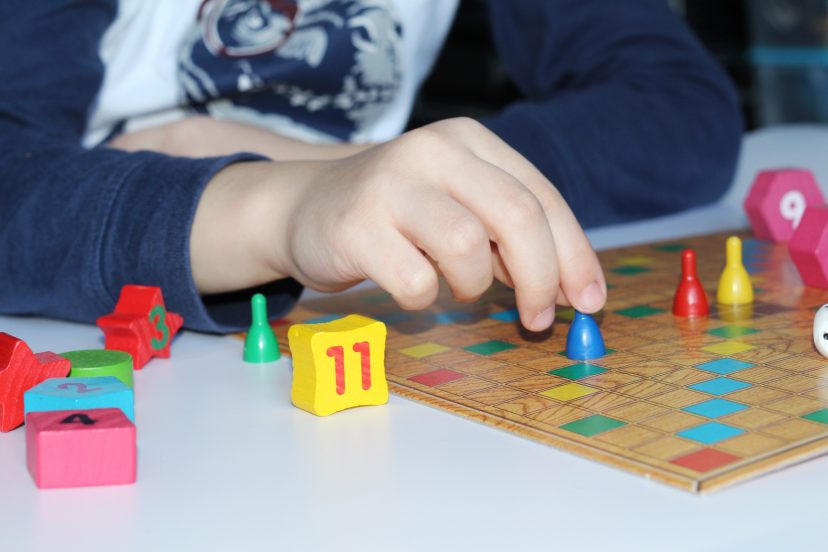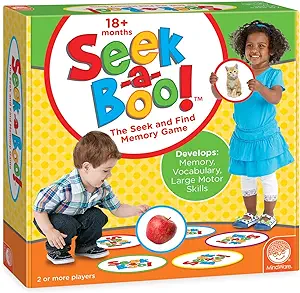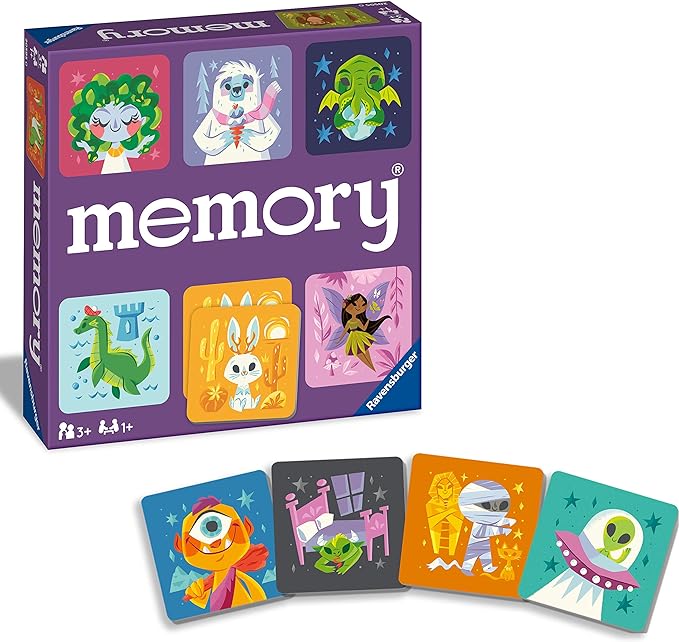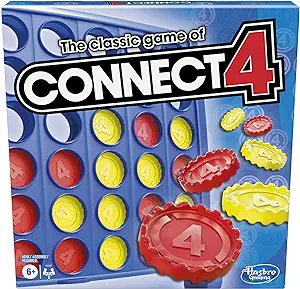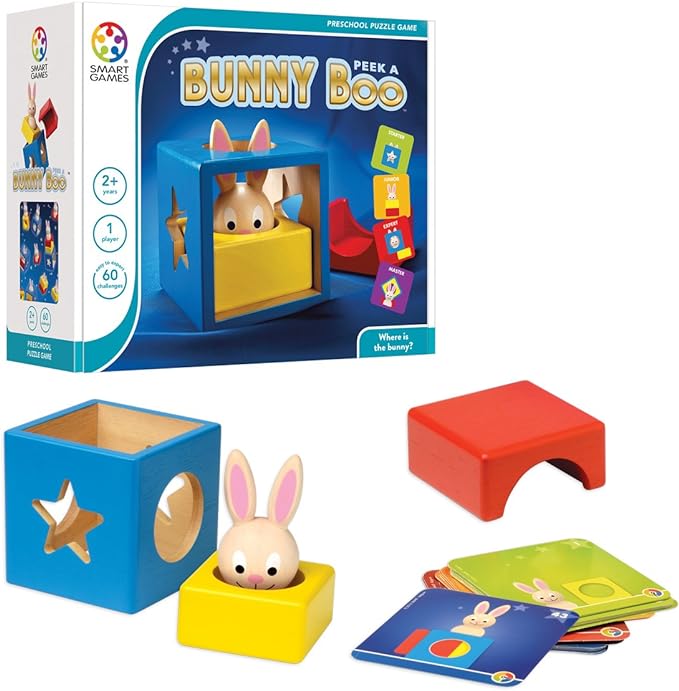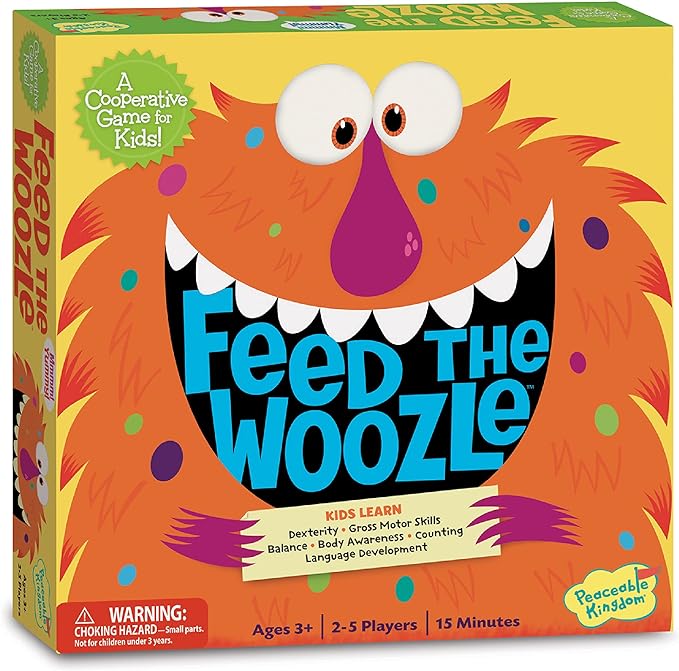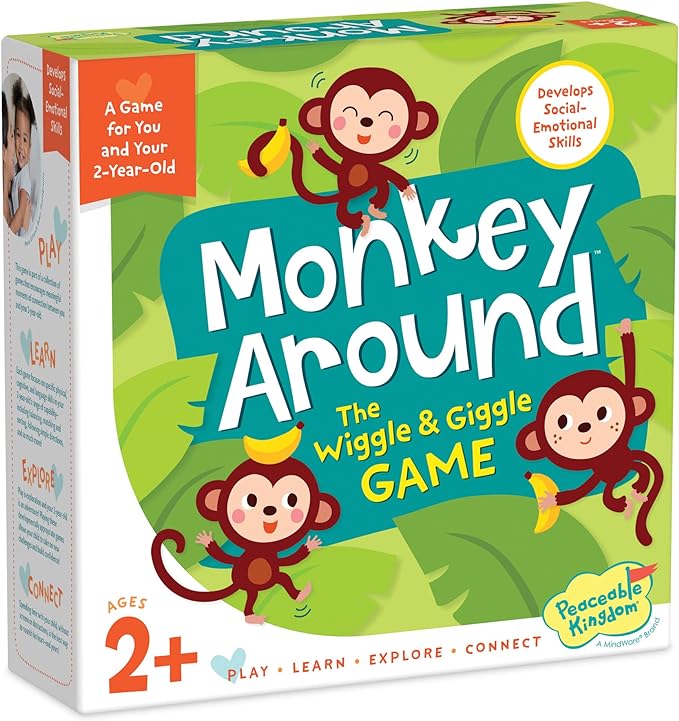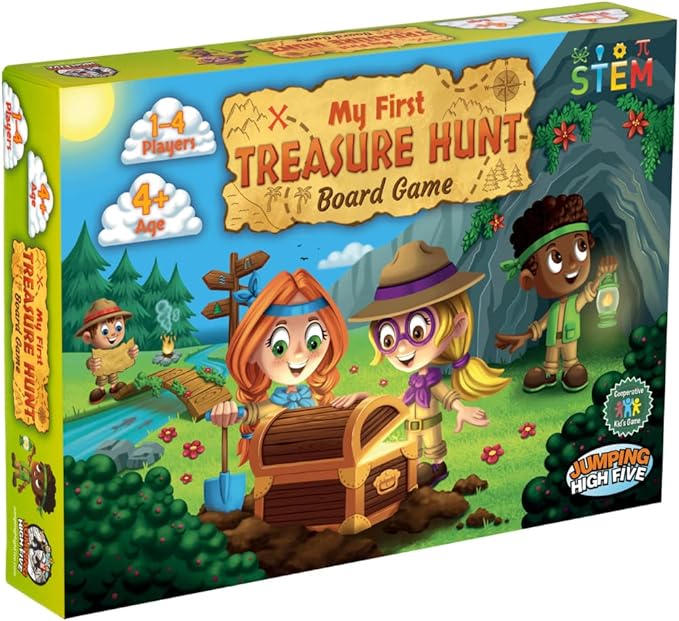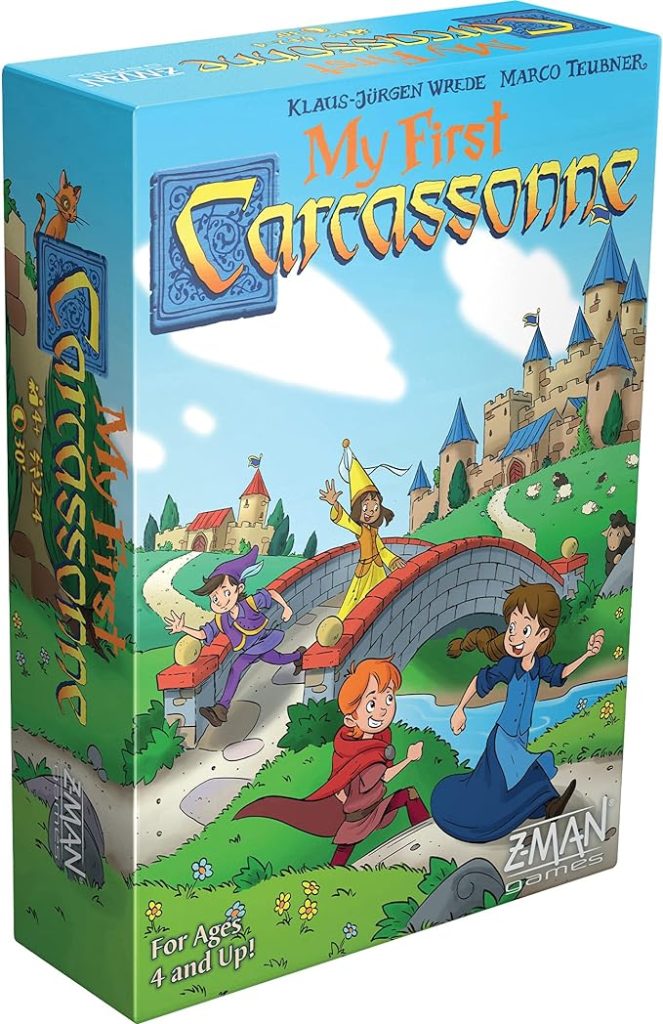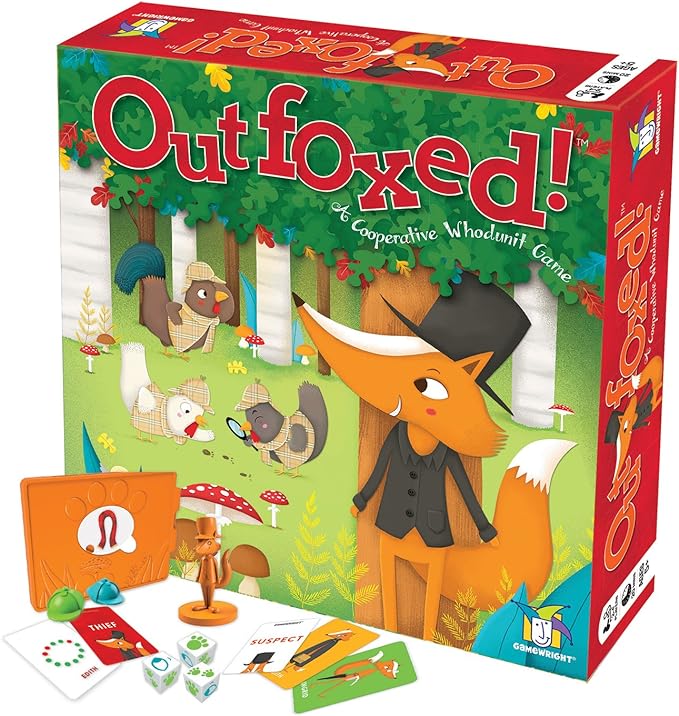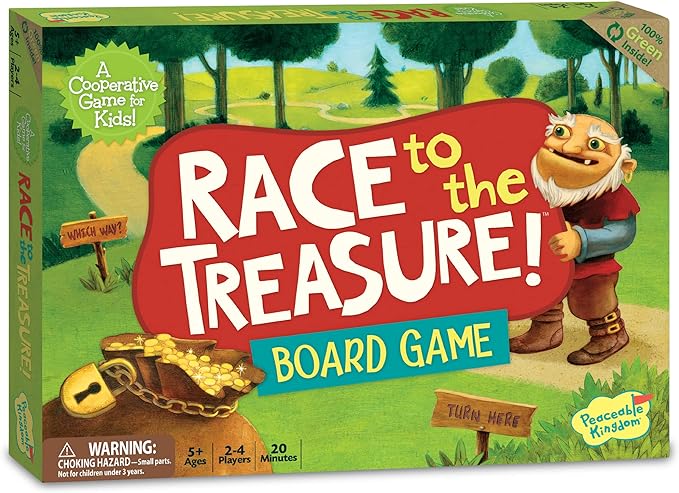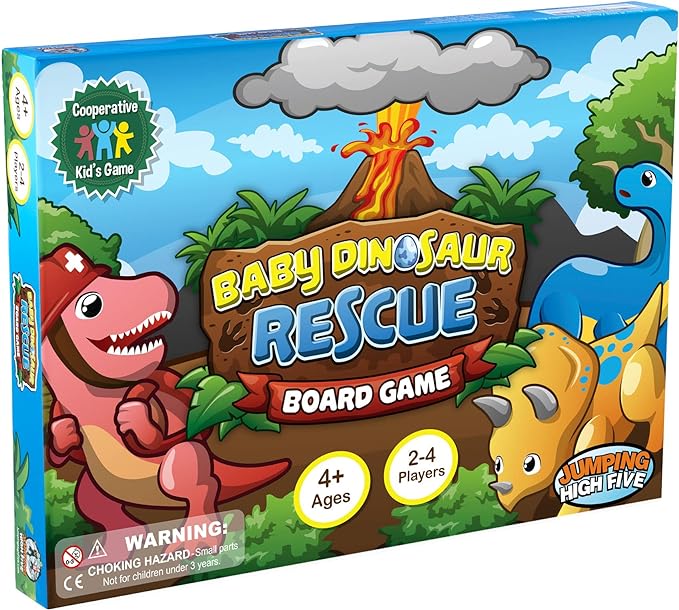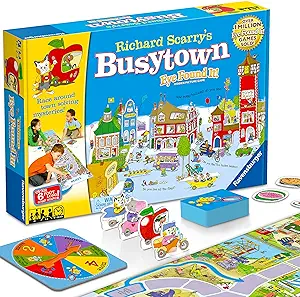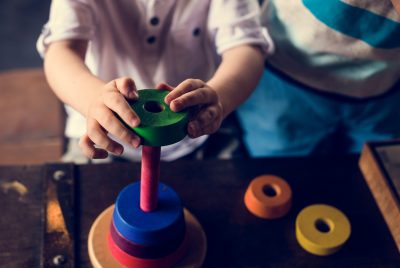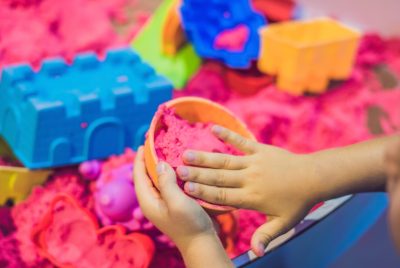Toddler Board Games 101: Top Tips for Introducing the Magic of Play
Have you ever sat down with a toddler and watched the wonder in their eyes as they explore something new? Now, imagine bringing in board games to this world of curiosity. Yes, board games! I’m not talking about the complex ones we play as adults but games tailored for those tiny fingers and bubbling minds. Let me take you on a journey through the fantastic world of toddler board games.
The Importance of Play in Early Childhood
The formative years of a child’s life, often referred to as early childhood, are full of rapid cognitive, physical, and emotional growth. In this phase, their sponge-like minds absorb everything around them, setting foundational blocks for later years. Toddler board games, often perceived as mere entertainment, play a significant role in this developmental journey. But how? Let’s break it down.
Cognitive Development:
- Critical Thinking: As toddlers navigate the rules and strategies of a board game, they’re simultaneously learning to think critically about their moves and the consequences.
- Memory Enhancement: Games that require recall, such as matching games, strengthen memory muscles. This ability not only aids in academic activities later on but also in daily tasks like recalling names or routines.
- Problem Solving: Many board games present challenges or barriers to winning. By navigating these challenges, toddlers learn rudimentary problem-solving skills.
- Enhancing Concentration: When playing certain games, toddlers learn to concentrate on their next move, anticipate others’ moves, and stay engaged in the game’s progression.
Social Skills Enhancement:
- Turn-taking: A fundamental skill in life, waiting one’s turn during a game teaches patience and respect for others.
- Communication: Board games often require players to communicate their moves, intentions, or to simply discuss strategies. This nurtures effective verbal expression and listening skills.
- Learning to Win and Lose: Life won’t always be a winning streak. Sometimes you win, sometimes you learn. Board games teach toddlers to handle both victory and defeat with grace.
Emotional Growth:
- Building Resilience: Not winning every time or facing a setback in a game can teach resilience. It’s a gentle introduction to the idea that challenges are part and parcel of life, and we must bounce back.
- Developing Empathy: Observing another player’s disappointment or joy, toddlers can learn to empathize, understanding and sharing feelings with their peers.
Bonding Moments:
- Strengthening Family Ties: Playing board games is an intimate activity. It encourages conversation, collaboration, and shared experiences, often leading to cherished family memories.
- Peer Interaction: For toddlers who play with friends or siblings, it can be a foundation for developing lifelong friendships. They learn the essence of teamwork, shared joy, and collective problem-solving.
Top Toddler Board Games to Consider
Toddler board games are magical gateways that allow children to step into worlds of strategy, creativity, imagination, and learning. For toddlers, these games are not just about fun; they’re about laying down the foundation blocks for critical cognitive, motor, and social skills. Below are some top toddler board games that should be on every parent’s or guardian’s radar:
Memory-Based Toddler Board Games
Seek-a-Boo: This is a twist on the memory game where large circular cards are spread out, and children must find the matching card from a clue given to them.
Memory Match: A classic that’s been around for years, this game requires kids to flip cards over two at a time, aiming to find matching pairs. It’s a direct workout for the memory and also teaches patience.
Strategy Based Toddler Board Games
Connect 4 is a two-player connection game where participants take turns dropping colored discs into a vertical grid, aiming to get four of their discs in a row; either vertically, horizontally, or diagonally; before their opponent does.
Bunny Peek A Boo: A 3D puzzle game where children have to recreate scenes using wooden blocks. It encourages spatial perception and understanding.
Toddler Board Games to Improve Motor Skills
Feed the Woozle: A fun game where kids use spoons to feed a hungry woozle. They have to walk and balance, refining their motor skills.
Monkey Around: From hugs to high fives to simple skills like balancing, hopping, and marching, the cards in the game will prompt you and your toddler to get on the move! The included beanbag banana adds to the fun!
Imagination-Boosting Board Games
My First Treasure Hunt: My First Treasure Hunt is designed to keep kids entertained while learning new skills. This cooperative STEM based game game lays out a cute, colorful, and exciting world that allows kids to use their creativity and imagination
My First Carcassonne: Based on the classic strategy game Carcassonne, this version simplifies gameplay for younger players. It lets them build a town using large tiles, fueling their imaginative powers.
Cooperative Toddler Board Games
Outfoxed: Can you help find out which Fox stole Mrs. Plumpert’s prized pot pie? You’ll have to work fast to gather clues and rule out suspects together before the guilt fox high-tails it towards the exit.
Race to the Treasure: Build a path with your team and collect 3 keys on a race to beat Ogre to the treasure! It’s a game where everyone plays together, no one is left out, and everybody has fun!
Baby Dinosaur Rescue: It’s a race to help all of the dinosaurs escape to the island before lava fills the valley. Can you help them? Work together to gather all of the dinosaurs on the island to win.
Busytown: Race around town solving mysteries! How many objects can you find? Join Huckle Cat and Lowly Worm on a fun-filled race around Busytown to solve mysteries and find hidden objects.
Tips for Introducing Toddler Board Games
Navigating the whimsical world of toddler board games can be a delightful adventure. As these little explorers begin to discover rules, strategy, and the thrill of competition, it’s crucial to guide them correctly. After all, the right introduction can spark a lifelong love for board games, offering endless learning opportunities. Here are some expert tips to ensure your toddler’s first foray into board gaming is both enjoyable and enriching.
Understand Their Development Stage: Before picking a game, consider where your toddler is in terms of cognitive and physical development. Some games might require fine motor skills they haven’t fully developed yet, while others may be too simple and not stimulating enough.
Start Simple: Choose games with straightforward rules and components. Games that are easy to understand and play will help boost their confidence and interest.
Engage in Cooperative Play: Toddlers are still learning the concept of ‘winning’ and ‘losing.’ To prevent meltdowns or frustrations, start with games that promote team play, where everyone works together towards a common goal.
Demonstrate Before Playing: Before diving into the game, take a few minutes to show how it’s played. Toddlers learn effectively through demonstration. Play a sample round, explaining each move to familiarize them with the rules.
Keep Sessions Short: A toddler’s attention span is limited. It’s essential to recognize when they’re losing interest and to wrap up the game. It’s better to have shorter, more engaging sessions than to stretch it out and risk them getting frustrated.
Emphasize the Fun, Not the Rules: While it’s essential to establish some basic rules, remember the primary goal is to have fun. If they aren’t playing precisely by the rules, it’s okay. The focus at this stage is to enjoy the experience and learn through play.
Incorporate the Game into a Routine: Consistency can be beneficial. By setting up a regular board game time, toddlers can anticipate and look forward to the activity. It can be a weekly game night or a Sunday afternoon routine.
Be Patient and Flexible: There will be moments of confusion, and rules might be forgotten. Sometimes, the toddler might want to play the game in a completely different way. Be patient, guide them gently, and be flexible enough to adapt.
Celebrate Small Achievements: If they managed to wait their turn, or if they remembered a rule, celebrate it! Positive reinforcement can boost their confidence and enthusiasm for the game.
Rotate Games to Maintain Interest: Playing the same game repeatedly can become mundane. By rotating between a few different games, you can keep their interest alive. This also exposes them to different types of learning experiences.
Involve Older Siblings: If there are older siblings in the household, involve them in the game. They can be excellent mentors, and toddlers often love mimicking their older siblings.
Final Words From Me
Toddler board games are like secret learning portals for kids, blending fun with invaluable life skills. So the next time you’re pondering activities for your little one, why not break out a board game? It could be the start of a beautiful, brain-boosting journey.
FAQs
Are digital board games as effective as physical ones?
Digital versions can be educational but lack the tactile experience physical games offer.
How long should a toddler play board games in one sitting?
15-30 minutes is ideal, but it depends on the child’s attention span.
Can older children play these toddler games?
Absolutely! They can be fun refreshers and even teach older kids patience as they guide their younger siblings.
How to handle a toddler who cheats in a game?
It’s a teaching moment. Gently explain the rules and the joy of honest play.
Are board games better than toys?
Both have their merits. While toys allow independent imaginative play, board games offer structured learning and social interaction.

